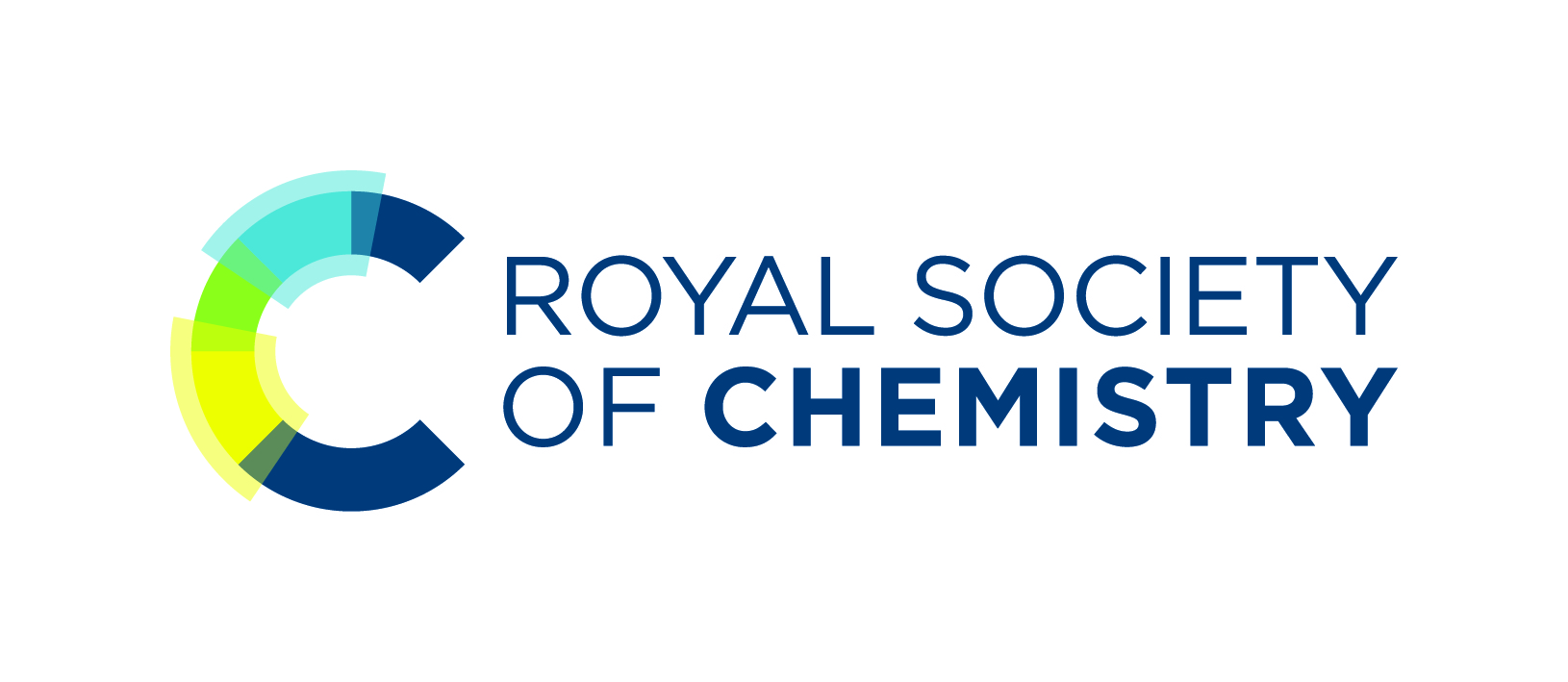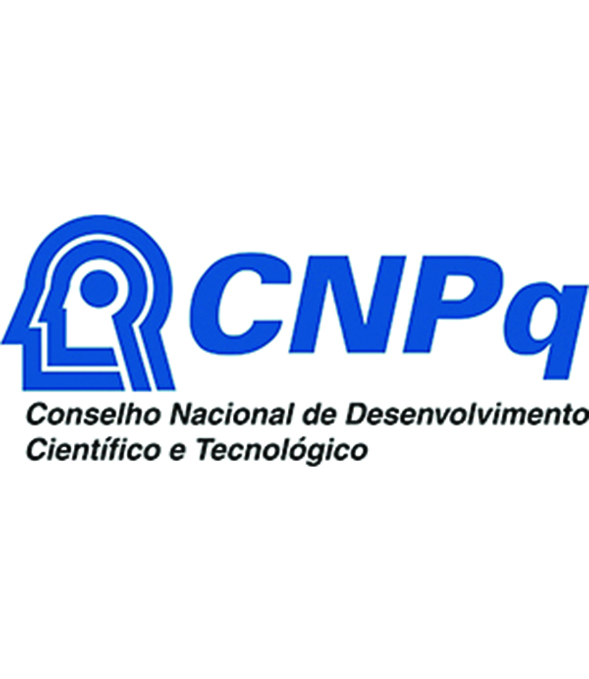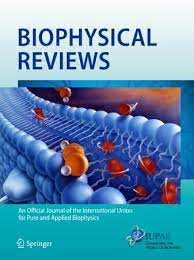The role of scientific societies in training highly qualified people - download in Portuguese
Maria Celia Wider - November 11, 2021
The formation of highly qualified people is the basis for the development of emerging countries like Brazil and a great challenge for higher education and research institutions. The VI Annual PMBqBM Meeting, held last October as part of the 20th IUPAB Congress, drew attention to unconventional graduate programs promoted or supported by scientific societies. In addition to the pursuit of excellence, these programs have an integration bias between Brazilian regions, such as the multicentric ones, and between Latin American countries, such as the Association of Universities Montevideo Group (AUGM) and the Latin American Graduate Program in Biophysics (POSLATAM).
Coordinated by researcher Andréa Mara Macedo, from UFMG, the Multicentric Graduate Program in Biochemistry and Molecular Biology (PMBqBM) is a program of the Brazilian Society for Biochemistry and Molecular Biology (SBBq) that aims to establish a productive association between researchers from public institutions that do not have independent postgraduate programs in biochemistry or molecular biology and researchers from institutions with excellence programs in the area.
The IUPAB Congress also hosted the Young Scientists Webinar Series. There were 10 webinars, with lectures by senior scientists, postdocs, and doctoral students from 14 countries, covering different areas of biochemistry and biophysics. Coordinated by researchers Eneida de Paula, from Unicamp, and Eduardo Reis, from USP, the idea derived from the experience of the Association of Universities Montevideo Group (AUGM) biophysics module, which had already been presenting thematic webinars. The AUGM is a network of public and self-governed Universities from Argentina, Bolivia, Brazil, Chile, Paraguay, and Uruguay, that aims to "contribute to the strengthening and consolidation of a critical mass of high-level human resources, taking advantage of the comparative advantages offered by the capacities installed in the region".
Similarly, the Brazilian Biophysics Society (SBBf) and the Argentinian Biophysical Society (SAB) coordinate the Latin American Graduate Program in Biophysics (POSLATAM). The program was created in 2006, as an action of the International Union for Pure and Applied Biophysics (IUPAB) involving all Latin American countries. The POSLATAM "has as its main objective to train human resources in the area of biophysics with both a theoretical and experimental focus in Latin America. It also aims to build a network of interactions, where postgraduate students and professors can move between the laboratories of the postgraduate courses adhered to, promoting access to the main centers of excellence in biophysics in Latin America." It also sponsors annual thematic courses, workshops, and conferences.
The Education at a Glance 2019 report, published by the Organization for Economic Cooperation and Development (OECD), points out that only 0.8% of people aged 25 to 64 in Brazil completed a master's degree and 0.2% reached a doctorate, placing the country among the three worst of the 35 evaluated. In 2018, Brazil graduated more than 22,000 doctors, according to the UNESCO Science Report published in 2021. In 2014, according to the same report, in which the data for Brazil was not updated for 2018, the country had 888 researchers per million inhabitants, against 6,826 in South Korea, for example, or 1,207 in Argentina. And those numbers still don't capture the consequences of the recent funding cuts in education, science, and technology by the federal government.
PMBqBM
Brazil is an asymmetric country in many ways. We have regional asymmetries, "for example, the North and Midwest regions are very depopulated regions of high-quality graduate programs. We are the only doctorate in several of the institutions where we are", says PMBqBM coordinator Andréa Macedo. We also have micro-regions within the states and, sometimes, there are asymmetries within institutions, which have some stronger areas and others less developed.
Multicentric programs, such as the PMBqBM, are equally asymmetric, explains the researcher. “These are very strong programs in biochemistry, which support the creation of a network program for regions that otherwise would have difficulty in having their program. So it's a program to reduce inequality, a program to include talent from regions far from major research centers. I think it's one of the most brilliant ideas at CAPES.” In the long term, the objective is for the Associated Institutions to create new postgraduate programs. “Then, we receive new institutions, younger, smaller, more distant. So it's as if there was a passage, this is the ideal flow that we imagine, younger programs enter, mature within the PMBqBM, and then consolidate and emancipate themselves”.
Currently with eight Nuclear Institutions, which have consolidated programs, and 15 Associates, which do not yet have independent programs in the area, the PMBqBM is in 19 cities in 11 states in the five regions of the country and has graduated 189 students since 2014, when it started its activities. There are 155 accredited researchers, 98 doctoral students, and 97 masters. In the 2017-2020 quadrennium, young researchers in the program published 786 scientific papers and filed 76 patent applications.
However, at the moment, the program has only 26 scholarships from CAPES and none from CNPq. “We are living through a very difficult time, even for the consolidated programs. Even with the pandemic, our numbers were extraordinary. We keep wondering: what if we didn't have this scholarship problem? What if we had better financing?" the researcher asks, adding that the PMBqBM wants to be recognized internationally as a successful program aimed at training highly qualified people even in a scenario of great challenges.
The SBBq started discussions for the creation of the PMBqBM in 2010, with the support of Professor Adalberto Vieyra, from the Coordination for the Improvement of Higher Education Personnel (CAPES). In 2011, the SBBq Board approved the elaboration of a Graduate Program in the areas of Biochemistry and Molecular Biology. To prepare the proposal, was created a commission formed by professors Débora Foguel (UFRJ), Helena Nader (UNIFESP), Helena de Oliveira (UNICAMP), Maria Júlia Manso Alves (USP) and Selma BM Jerônimo (UFRN).
The 6º Annual PMBqBM Meeting was held the week before the IUPAB congress, in the virtual format, and the opening session video, available on the program's YouTube channel, has almost 4,500 views. In addition to the scientific program, with the presentation of students' work, the meeting paid tribute to Professor Maria Júlia Manso Alves, from USP, for her contribution to the program's success. In the meeting, the SBBq /PMBqBM Theses and Dissertation Award was launched, and Andréa Macedo also announced that starting next year, the PMBqBM diplomas will have a quality seal from the SBBq.
The Montevideo Group
The Association of Universities Montevideo Group (AUGM) is organized into thematic modules and the group's main activity has been the exchange of researchers. “In 2018, at an SBBf meeting, we started moving to ignite the biophysics module. The idea is to bring people together - AUGM itself has this idea of bringing together public universities and striving for teaching excellence. The biophysics module has the same objective and wants to bring together people from Latin America, from AUGM member universities”, said Eneida de Paula, who is a member of the group's biophysics committee. In addition to webinars, the group offers virtual courses for graduate students.
“In Europe, for example, there is the Erasmus program, which offers scholarships for students to study a semester in another country. This specific training should be done with researchers in the area and you won't find it in one place. That's why the association via scientific societies or the Montevideo Group or other programs, such as the multicentric ones, is very welcome”, the researcher said.
The 20th Congress of the International Union for Pure and Applied Biophysics (IUPAB) was held online on October 4th- 8th, 2021, together with the 50th Annual Meeting of the Brazilian Society for Biochemistry and Molecular Biology (SBBq) and the 45th Annual Meeting of the Brazilian Biophysics Society (SBBf).












